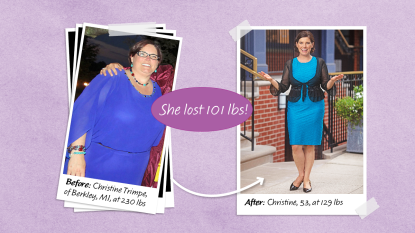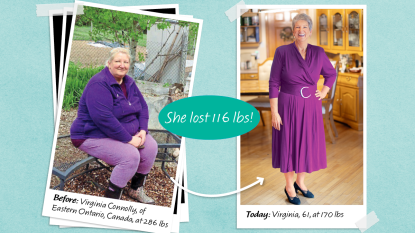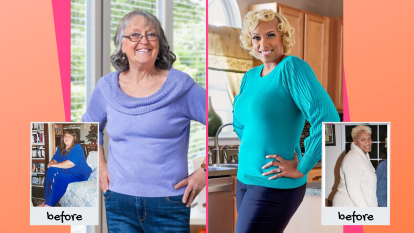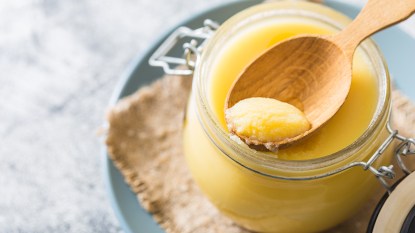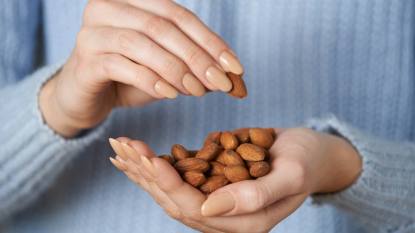5 Doctor-Approved Shortcuts to a Healthier You in 2020
Small changes can make a big difference.
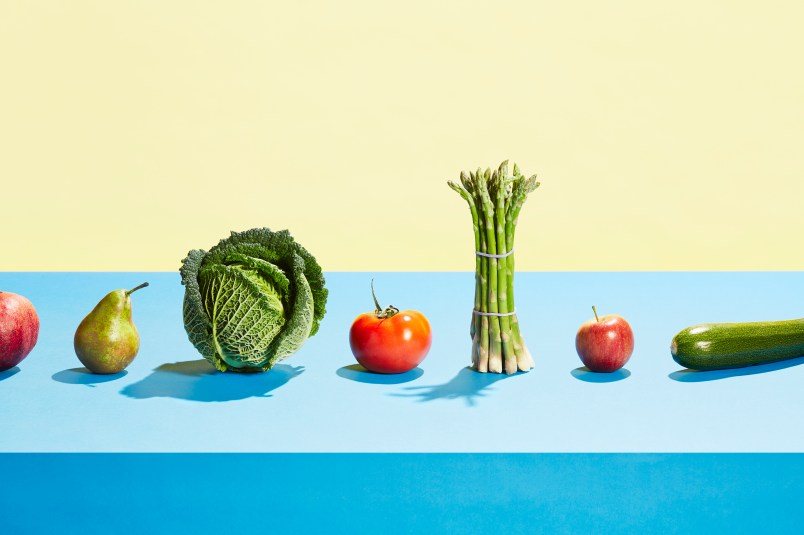
Just in time to help you feel your best in the new year: Jennifer Ashton, M.D., offers easy tips guaranteed to help you outsmart tiredness, fuzzy thinking and blue moods — fast!
Every January, 41 percent of Americans make a New Year’s resolution — but only 20 percent of those who set a goal actually follow through for more than eight weeks. Why do so many of us struggle with our resolutions? Major behavioral overhauls just don’t work, asserts Jennifer Ashton, MD, author of The Self-Care Solution ($16.19, Amazon).
Improving your body and mind in small, manageable ways, on the other hand, nearly guarantees success. “Developing just six small habits could make you feel 12 times better,” Dr. Ashton promises. “These bite-size changes can yield big results in boosting mental function, mood, and energy levels.” Read on for the simple, 10-minutes-or-less strategies that she recommends.
Set a timer on your day.
“A consistent sleep schedule helps you fall asleep faster and wake up more easily,” says Dr. Ashton. It’s also been shown to lower stress, reverse weight gain and protect heart health. That’s why she suggests setting a go-to-bed alarm. Once it chimes, the day is done — even if your chores aren’t. “If you go to bed with dishes in the sink, it’s okay,” she assures. “With a good night’s sleep, you’ll be more effective the next day, making those little tasks that much easier to accomplish.”
Exercise your mind.
Regularly meditating lowers stress by 63 percent, improves mood and recharges the brain as effectively as a 90-minute nap. “If you think you don’t have the time, try it for just 10 minutes — I bet you’ll make the time up tenfold by being more productive and focused the rest of the day,” says Dr. Ashton. She relies on Insight Timer (free for iOS and Google Play), which offers a variety of timed guided meditations.
Dress up your water.
“Drinking just eight ounces of water can immediately amplify brain function by 30 percent,” asserts Dr. Ashton. And that’s just the start—after increasing her intake, Dr. Ashton experienced improved mood and less hunger as well. For best results, she suggests drinking no less than nine (eight-ounce) servings daily. Not a fan of plain water? Try different temperatures (Dr. Ashton prefers it ice cold) or jazz it up with citrus, cucumber, or herbs.
Try a new food.
The average American consumes fewer than 20 different foods annually, which can leave the body lacking in key energizing nutrients. “Even healthy eaters tend to fall into dietary patterns when we’re busy,” says Dr. Ashton.
“Try foods you haven’t eaten before or haven’t eaten in years.” Dr. Ashton’s favorite new-to-her foods: kimchi, seaweed, butternut squash, green lentils, and chia seeds.
Do 3 push-ups.
A daily ritual of push-ups and planks can transform your body, asserts Dr. Ashton, noting that the practice boosts energy and metabolism. To see results, try doing as many push-ups as you can, then holding a plank as long as you can (even if that’s three push-ups and a five-second plank). “Add more as your strength increases,” she says. “I do mine on the bathroom floor while the shower water warms up each morning.”
Laugh it up.
“You may not think something so simple as a giggle can boost brain function, but that’s the surprising conclusion from several studies,” says Dr. Ashton. In fact, laughter has been shown to heighten activity in the brain area responsible for creativity and boost energy levels by 75 percent. To get the perks, watch a funny YouTube video or sitcom or hang a photo that makes you laugh in a spot where you spend a lot of time.
This article originally appeared in our print magazine.



